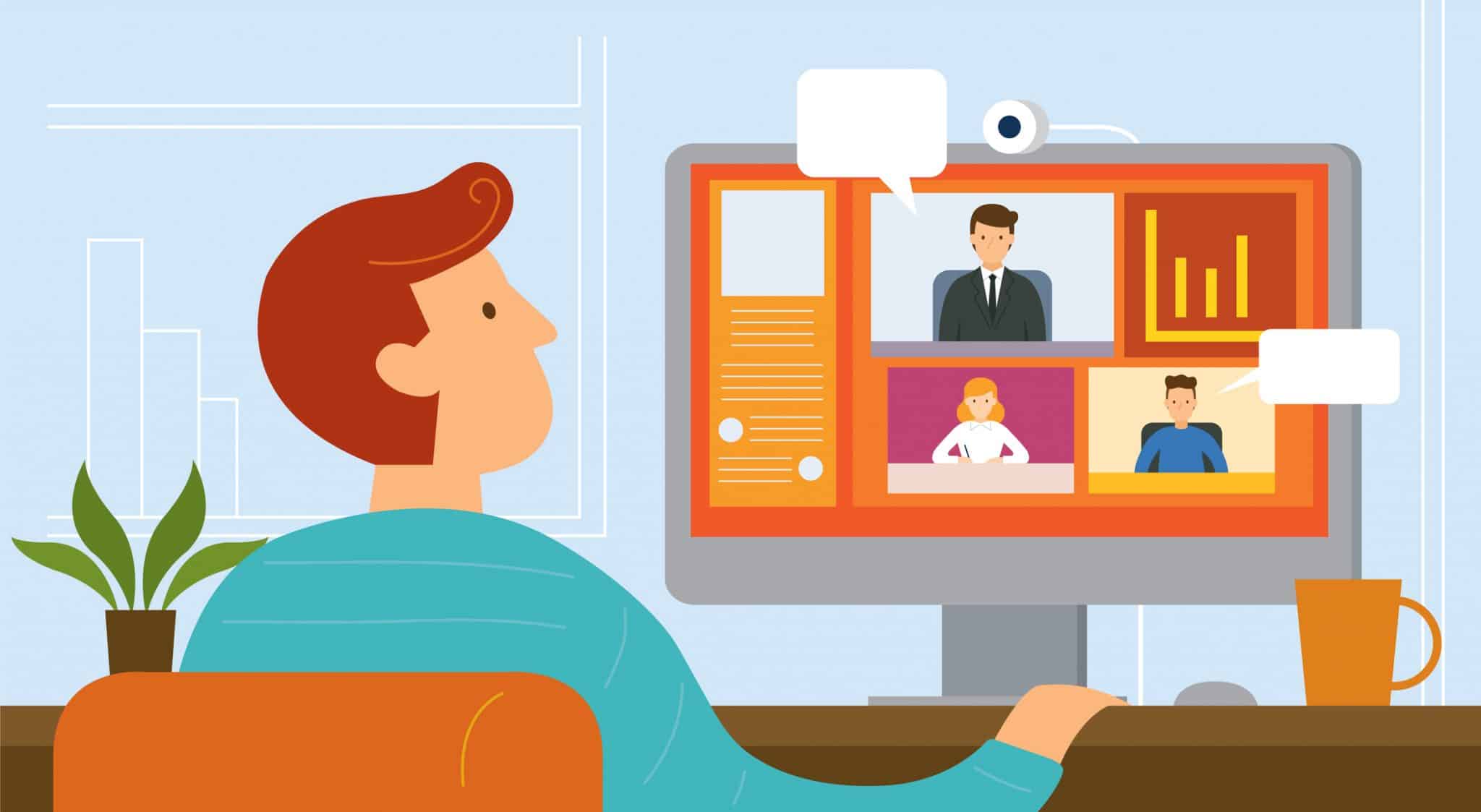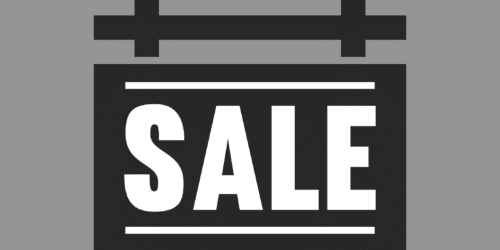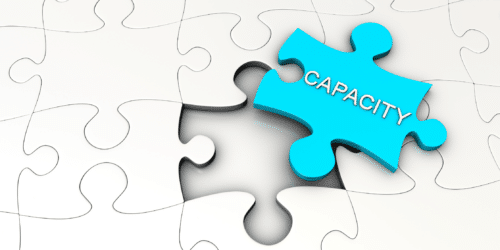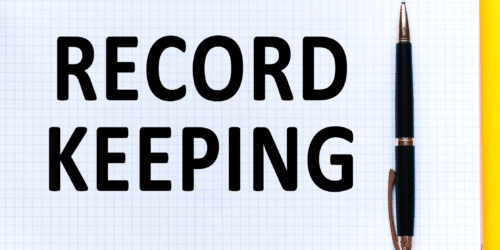An Examination for Discovery (often called a Discovery) is an important part of the litigation process. It is a pre-trial process at which lawyers for each of the parties can question the other parties, under oath or affirmation, about the matters involved in the lawsuit. The questions and answers are taken down by a reporter so that later, if necessary, a written transcript can be prepared. Discovery helps each party find out about the other side’s case. This exchange of information can promote settlement and save the parties the uncertainty and expense of a trial.
What is the purpose of Discovery?
The lawyers participating in a Discovery usually have three objectives:
- To find out the other party’s information, knowledge, or belief, about the matters in issue in the lawsuit;
- To see whether the parties agree on any of these matters; and
- To obtain admissions from the other party which can be used to facilitate a favourable settlement or outcome at trial.
The lawyer who is doing the examination can ask a wide range of questions as long as they are relevant to the issues in the lawsuit. The lawyer for the party being examined can object if he or she feels that any questions are improper.
Where will the Discovery be held?
Discoveries are traditionally held at offices set up for this particular purpose called “Examiner’s Offices”. The parties, their lawyers and a court reporter set up in a private boardroom for the Discovery. There is no judge present because this is not a trial.
Due to the COVID-19 pandemic, and the need for social distancing, civil litigation lawyers have had to learn how to utilize video conferencing technologies. One of the first technological experiences for most personal injury lawyers has been a virtual examination for discovery. These have replaced in‑person Discoveries. The same rules and processes of an in‑person Discovery apply to virtual Discoveries, but the lawyers, parties and court reporter attend remotely over the internet.
Who can attend a Discovery?
A Discovery is a private matter and members of the public cannot attend. Although the parties have the right to be present when other parties are examined, most parties do not exercise this right. If a party does wish to sit in on the examination of another party, he or she will be examined first so that they cannot tailor their evidence based on what the other party said during their Discovery.
What should you do to prepare for Discovery?
Your lawyer will need to spend adequate time to prepare you for your Discovery. This will involve going over the relevant evidence and asking you questions so that you become familiar with the format of a Discovery.
To prepare for your Discovery, click on this link (here) to a demonstration video. It is meant to give you a better understanding of what happens during a Discovery. The demonstration is a Discovery of a person who was involved in a motor vehicle accident. Your case may be different, but the nature of Discovery does not change significantly depending on the type of lawsuit involved.
If you are a witness appearing at a Discovery as a representative of a company, you are required to acquaint yourself with all of the facts known by the people who are, or were, employed by the company. In order to prepare for your personal Discovery, you will also need to review all documents or notes which you have which relate to the case.
A Discovery is not a memory test, and you should not worry about forgetting something while at your Discovery. If you are asked about something that you have forgotten, or can’t recall without looking it up, you can give an “Undertaking” to find out the answer and provide it after your Discovery.
What use is made of Discovery?
Most lawsuits are settled after Discoveries because each party has had an opportunity to review the strengths and weaknesses of their case and that of the other party.
If your case doesn’t settle, transcripts of the Discovery evidence can be used at trial if a party gives conflicting evidence from the witness box. The opposing lawyer can put the conflicting transcript to the witness in an effort to challenge their credibility.
Conclusion
It is not unusual to be a little nervous about your Examination for Discovery; it is an important part of your case. The opposing lawyer sees and hears you for the first time and forms an impression of the strength of your case and how strong you are as a witness.
However, proper preparation, and a good understanding of what an Examination for Discovery is all about, will ensure that you perform well at your examination and present your case in its best light.
This blog post was written by Edward (Ted) Masters, a member of the Disability Insurance Claims and Personal Injury teams. He can be reached at 613-566-2064 or at ted.masters@mannlawyers.com.








